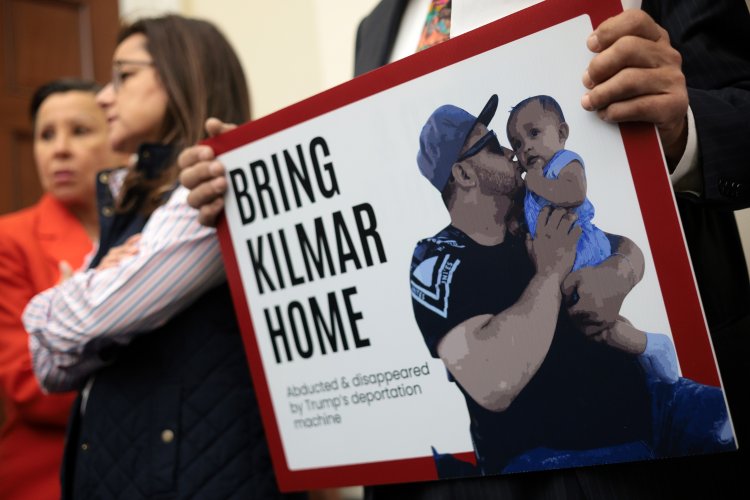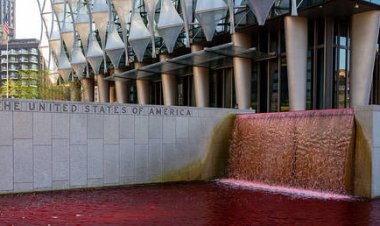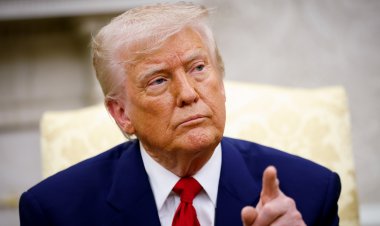Trump administration argues it is not obligated to bring back man deported illegally to the US
The administration's stance indicates that officials do not interpret the Supreme Court's order as a mandate to pursue the return of Abrego Garcia.

Justice Department lawyers explained to a federal judge that they do not view the Supreme Court’s decision—stating that the administration must “facilitate” Garcia’s release—as incumbents on them to take any further action beyond adjusting his immigration status if the Salvadoran government decides to release him.
As El Salvador's President Nayib Bukele is set to meet with President Donald Trump on Monday, DOJ attorneys asserted that the courts lack the authority to compel the administration to negotiate with the Salvadoran government for a diplomatic resolution. They argued that any such directive would infringe upon the separation of powers and interfere with what they maintain is the president's unrestricted authority in foreign relations.
“All of those requested orders involve interactions with a foreign sovereign — and potential violations of that sovereignty,” Justice Department attorneys wrote in a seven-page brief to U.S. District Judge Paula Xinis. “[A] federal court cannot compel the Executive Branch to engage in any mandated act of diplomacy or incursion upon the sovereignty of another nation.”
The administration’s stance indicates that officials do not consider the Supreme Court’s order to be a requirement for them to actively seek Garcia's return. Originally arriving in the U.S. illegally around 2011, Garcia had been residing in Maryland before being deported to El Salvador in contravention of a 2019 immigration court order that prohibited his deportation to that country. Although he was denied asylum, a judge determined that he could not be sent back due to a credible fear of persecution from a local gang.
On Sunday, the administration disregarded a Friday order from Judge Xinis requiring "daily updates" on efforts to facilitate Garcia's return. Evan Katz, assistant director of removal operations for Immigration and Customs Enforcement, informed the judge that there were "no updates." The day prior, Michael Kozak, a senior official with the State Department, had confirmed that Garcia remained alive in the CECOT prison in El Salvador.
The administration is also pushing back against requests from Garcia’s attorneys for details regarding the transport of foreign nationals to the El Salvador prison. In one of Sunday’s submissions, it was asserted that such information is classified and potentially subject to attorney-client and state secrets privileges.
“It would be inappropriate for this Court to hastily order production of these sensitive documents,” wrote Justice Department lawyer Drew Ensign.
Additionally, the administration stated it would resist any attempts by Judge Xinis to compel testimonies from officials regarding their thoughts on Garcia’s potential return, citing that such disclosures could hinder ongoing diplomatic discussions—especially given President Bukele’s visit to the United States.
Despite this, the administration's limited interpretation of its obligations stemming from the Supreme Court’s ruling seems to heighten the stakes ahead of a hearing Xinis has scheduled for Tuesday afternoon, which will review the measures being taken to arrange for Garcia’s return.
Frederick R Cook for TROIB News












